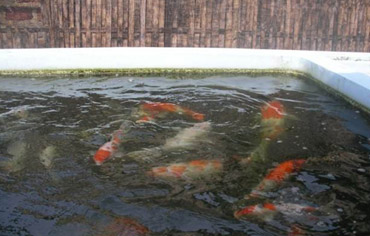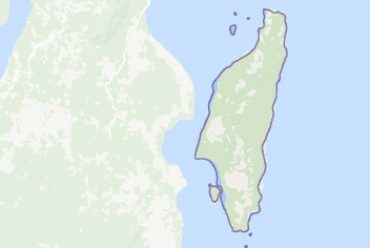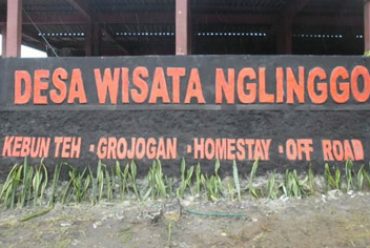Analysis on the implementation of Corporate Social Responsibility (CSR) Program at PT Bio Farma
- Supervisor:
Dr. Rina Ratnasih - Master’s Student: Annisa Nurbaety, M.Si
CSR is part of company’s responsibility towards its stakeholders and society, in regards to social, economic and environmental aspects. It should go in line with the company’s core activities and aim to support sustainable development goals. In Indonesia, the implementation of CSR refers to government regulations, particularly Law No.40/2007 on Perseroan Terbatas (Ltd.). CSR activities are often spinning out of control due difference in the understanding of its concepts and implementations.
The study aims to evaluate CSR program of PT Bio Farma and recommend effective strategies in relation to its CSR goals. The study took place in Sukamulya Village, Sukabumi, one of the locations for Bio Farma’s CSR activities, which focuses on koi aquaculture. The study method is divided into two stages, which are evaluation stage (using a conceptual framework of descriptive analysis) and strategy formulation stage, using particularly SWOT analysis.
Based on the conceptual design, we identify 17 criteria for a good CSR, 12 of which have already been implemented by Bio Farma with satisfying results. SWOT analysis shows Bio Farma’s strategic position and results in an Agressive strategy. Based on this result, the recommended strategies to be implemented include the development of integrated farming-koi aquaculture system, increasing the productivity of koi with orientation towards domestic and international markets, as well as new employment based on the village’s agriculture and aquaculture potentials.








No Comments